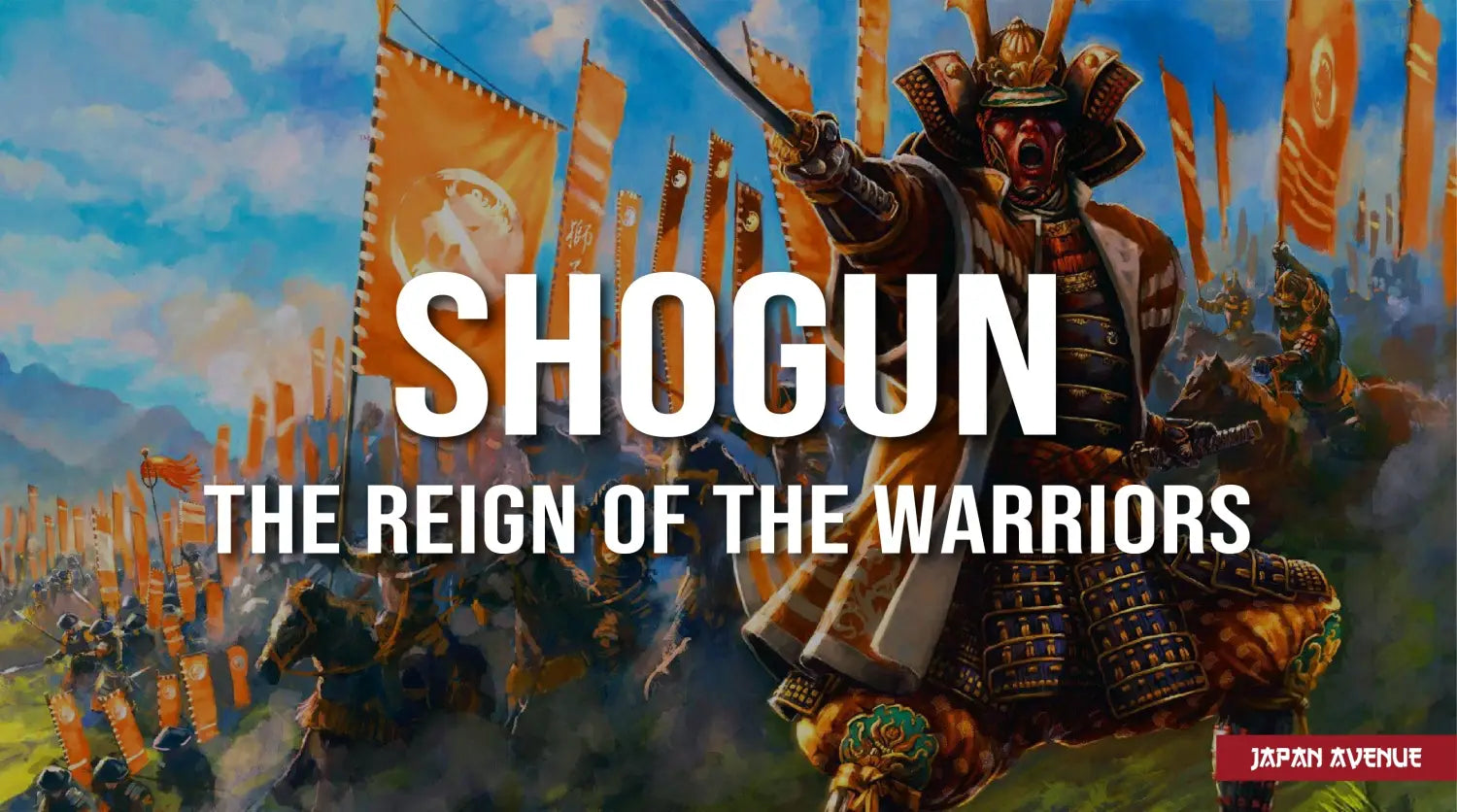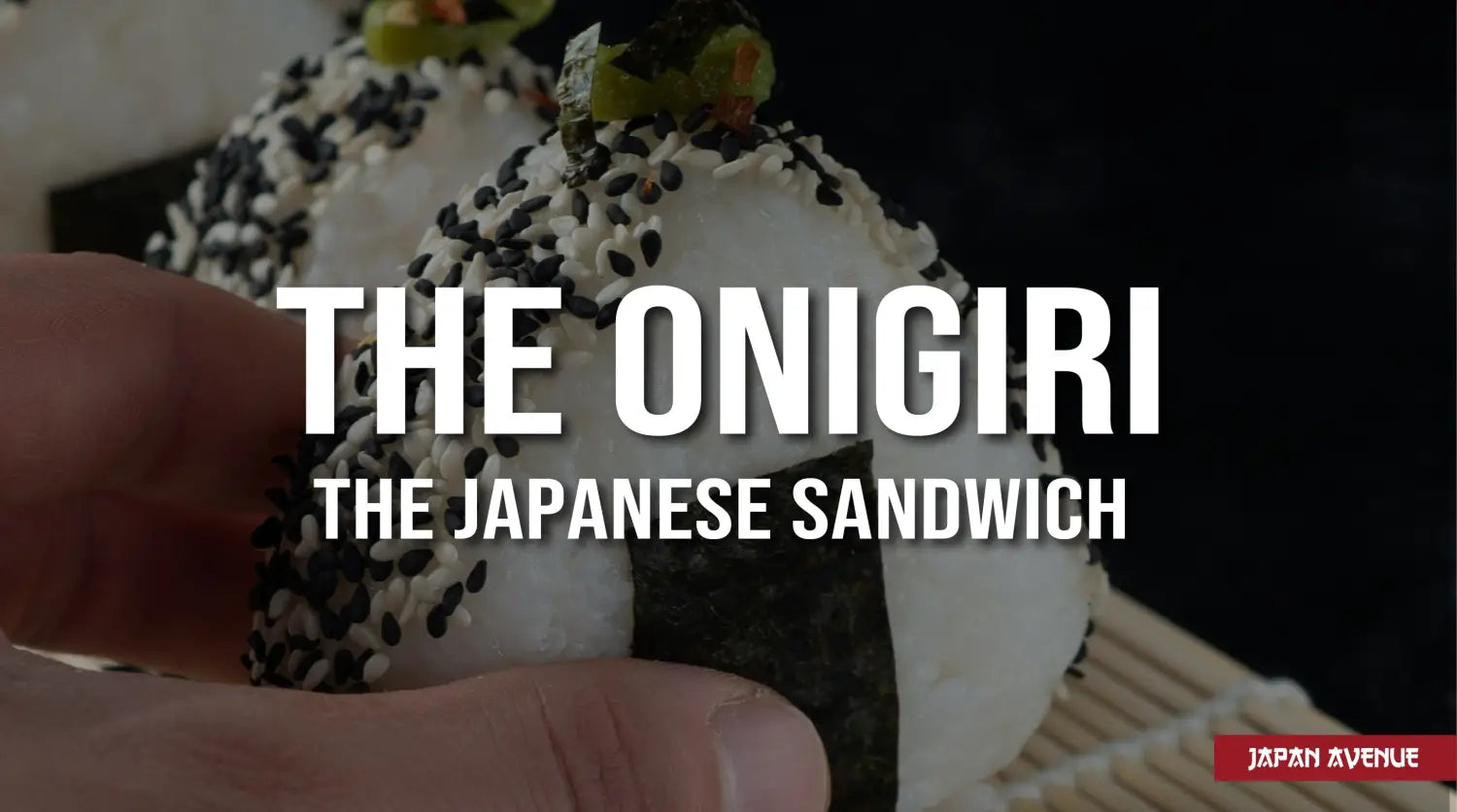Even on Valentine's Day, the Japanese don't do things like everyone else 🙃 !
Contrary to Western countries where men bring their sweethearts a bouquet of roses on February 14, in Japan it is the women who give gifts. They are usually homemade chocolates or bought in confectionery for the greatest happiness of the shopkeepers.
The lover is not the only one to receive treats, as friends and colleagues are also lucky to receive their Valentine's Day chocolates!
And since we want to prolong the pleasure, a second party takes place a month later. White Day is an opportunity for men to offer a present to their beloved.
Find out the art and way of celebrating Valentine's Day in Japan 💘 !
💝 A celebration divided in two parts
While in the West, Valentine's Day is considered a romantic evening of candlelit dinners, gifts and love notes, in Japan, Valentine's Day is a little less glamorous but no less commercial. As with many imported holidays, the archipelago always adds a little originality. No restaurant, no romantic dinner, no bouquet of flowers on the horizon, but instead, chocolate in abundance!
It is important to know that Valentine's Day is celebrated in two stages in the Land of the Rising Sun. First, on February 14 which is the traditional date of the lovers' day in the West, then one month later on March 14.

💁♀️ February 14: Valentine's Day
On this specific day, women will offer chocolates to their sweetheart. It is a way to express their feelings towards their husband, boyfriend or future boyfriend. These sweets are mostly handmade with a lot of love and presented in a pretty heart-shaped box.
However, married or coveted men are not the only ones to enjoy this holiday, because Valentine's Day in Japan is not only for lovers. What a delight for the bachelors! Women also offer chocolates to their male colleagues or bosses as a courtesy and especially as a social obligation.
Female students and schoolgirls will spoil their favorite classmates and best friends. Nice, but what are the guys doing in all this? Well, not much actually. They will have the opportunity to make up for it one month later during the White Day.

💁♂️ March 14: White Day
March 14 is a special date for Japanese people, just as commercial as February 14. One month after the lovers' day, men usually spoil their valentine. This is called White Day. A way to rebalance the situation a little, because remember, they did not offer anything on Valentine's Day.
It must also be said that this rebound effect suits the merchants well. In fact, White Day was introduced in 1980 by the confectionery and bakery industry to increase revenue.
Traditionally, men buy sweets such as cookies or white chocolate, but they can also bring back jewelry or lingerie to their beloved. Originally, the gifts were white, hence the name of this celebration. It is customary that the value of the gift given in return is three times the value of the gift received (sanbaigaeshi) on Valentine's Day. Note that when a man cannot honor a return gift, he must politely decline his box of chocolate.
Just like the ladies, the gentlemen offer giri-choco or courtesy chocolates to their female colleagues as a thank you. It is actually a social obligation, because in the Land of the Rising Sun, we always give back (three times) what we are given.
Moreover, White Day is also celebrated in other Asian countries like China and Taiwan.
🍫 Chocolates instead of flowers
While in the US, flowers and bouquets of red roses are the stars of February 14, this is not the case in Japan. In the Land of the Rising Sun, it's not the florists who get their money's worth on lovers' day, but rather the chocolatiers.

💸 Record sales for chocolate makers
It should be noted that the latter introduced this commercial holiday, during the twentieth century. Seeing the marketing potential of this celebration in the USA, the confectionery companies Morozoff and Morinaga launched the fashion of chocolate on this particular day. Thus, the month of February is particularly favorable for Japanese chocolate makers who break all their annual records. So much so that the revenue generated is more than 100 billion yen each year.
🍪 The different kinds of chocolates
On Valentine's Day, the chocolates offered to the person chosen to declare their love or express their feelings are called honmei-choco in Japanese. They are handmade and very rarely bought in stores. We need a little romance after all! 😏 These chocolates are made with care and presented in a pretty box, usually heart-shaped. This treat can also be a chocolate cake topped with candy. There are heart-shaped baking molds and a whole lot of baking tools to make the most beautiful confections.

As for the chocolates offered to colleagues and male relatives (giri-choco), they are essentially a form of politeness. ("giri" means "obligation" in Japanese). They can be bought in stores, but should always be wrapped delicately. The custom of giri-choco is less practiced than it used to be, because Japanese women are tired of spending a lot of money to give chocolates to people they don't really like. This tradition is expensive for them, especially since they still don't have the same salary as men.
Tomo-choco or friendship chocolates are sweets that you give to your friends to show your affection. This more recent tradition is widely practiced in high school and is becoming more and more popular. Other kinds of chocolates regularly appear such as papa-choco (gift for fathers) or fami-choco for relatives.
More recently, men can also offer chocolates in return, on February 14th. This is called gyaku-choco.
Lastly, single people can console themselves with jibun-choco or sweets that you give to yourself.
Chocolate.... You name it, we've got it!
🤷♀️ More than a celebration - a social obligation
In Japan, Valentine's Day and White Day actually reflect a social duty. In fact, the Japanese culture is very much into courtesy. The culture requires that you always give back what you receive. The value of the gift must be higher than the value of the gift received... a way to express gratitude. The gift delayed in time is a mark of respect because with the waiting the gift takes value, like bank interests.

This moral obligation of giving and receiving has been around for centuries in many cultures. It is meant to establish good relations between human beings and to promote wealth within a society. The Lovers' Day is therefore an opportunity to perpetuate this ancient ritual while adding a modern touch.
As you can notice through this article, Valentine's Day in Japan is not necessarily the most romantic day of the year, unlike the night of December 24th. However, it is an opportunity to express gratitude and affection to those around you.
If you spend this special day in Japan, don't forget to spoil your colleagues, friends and family in addition to treating your loved one with gourmet gifts. Japan Avenue wishes you all a happy Valentine's Day!



